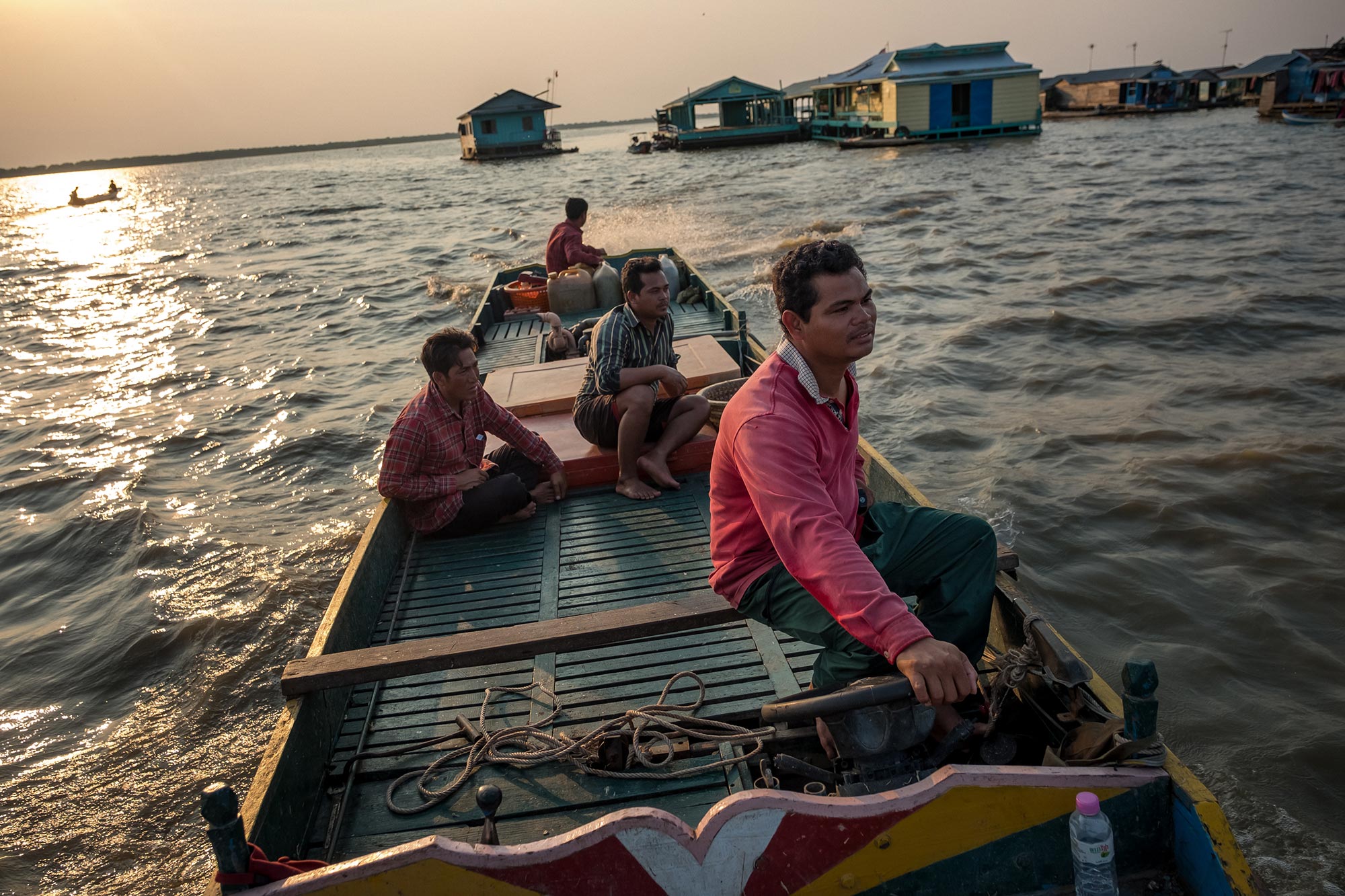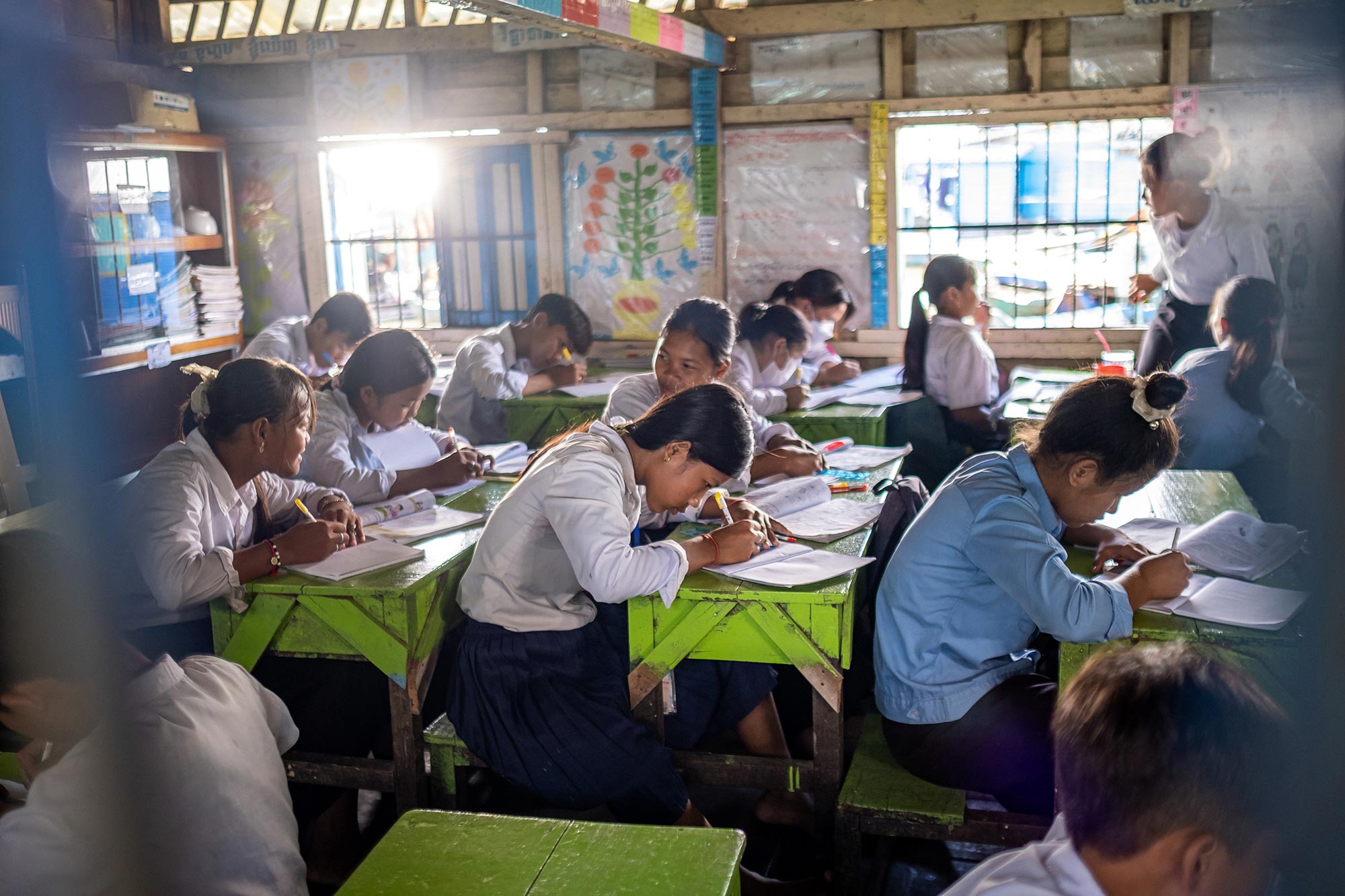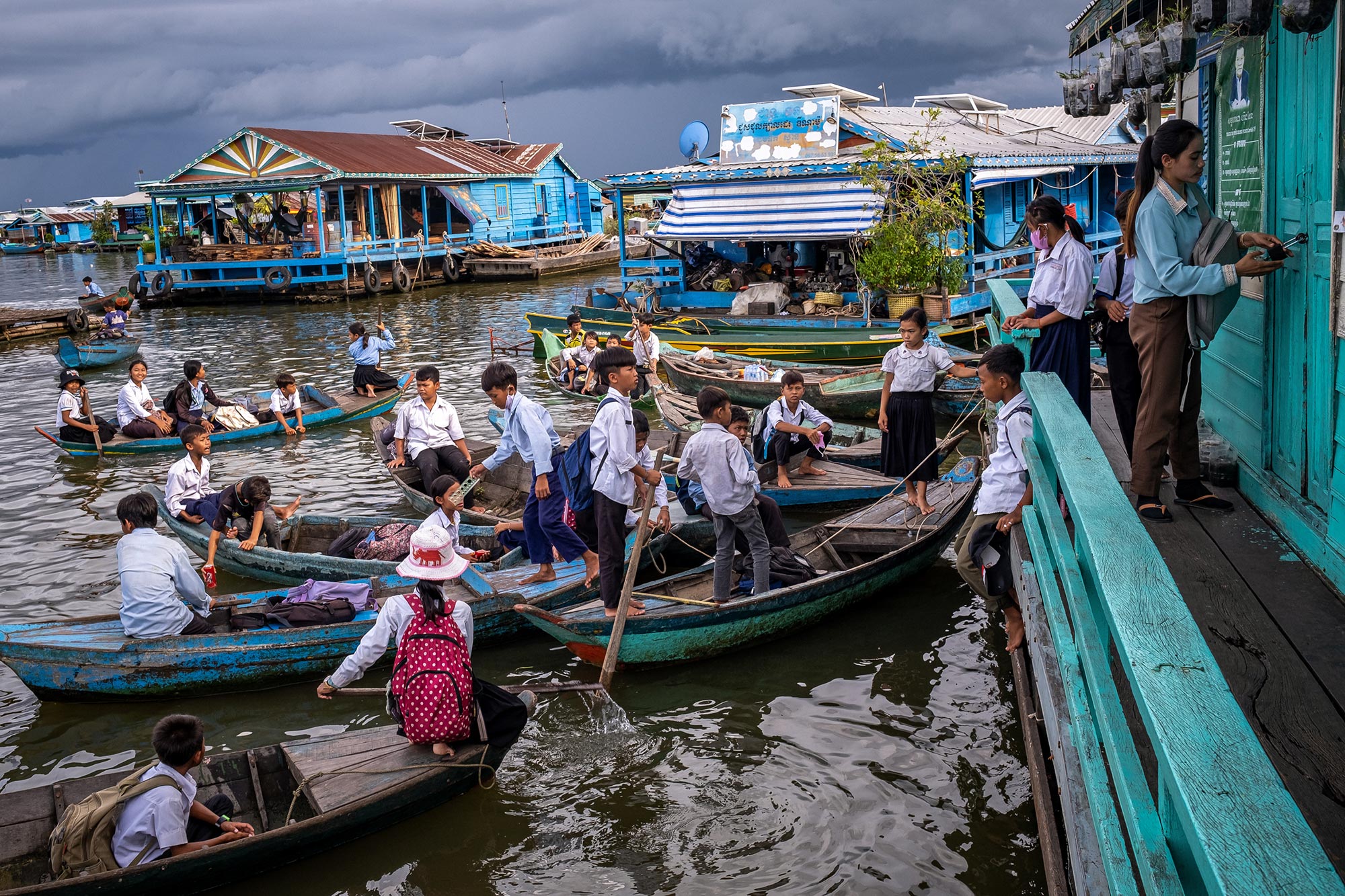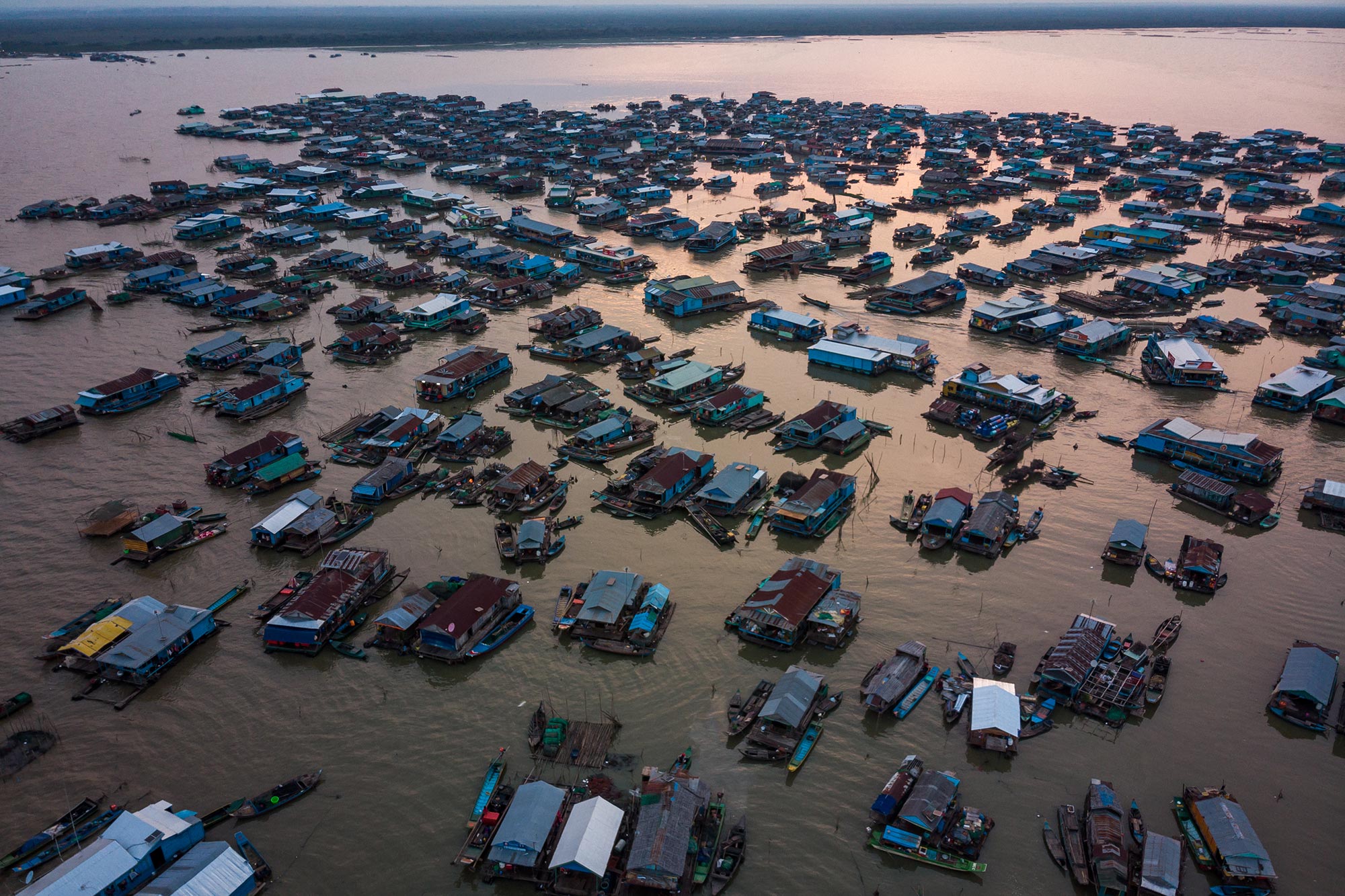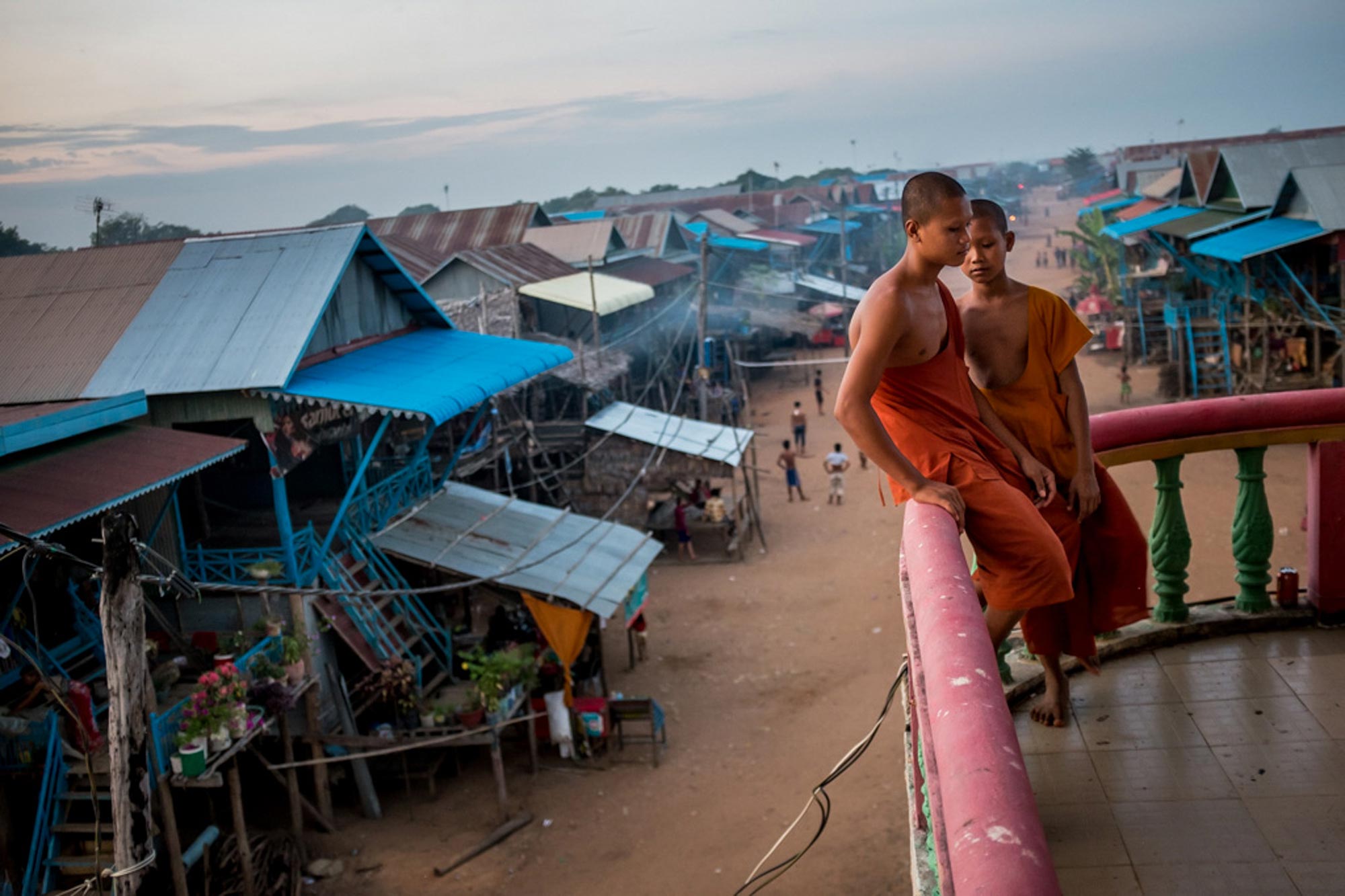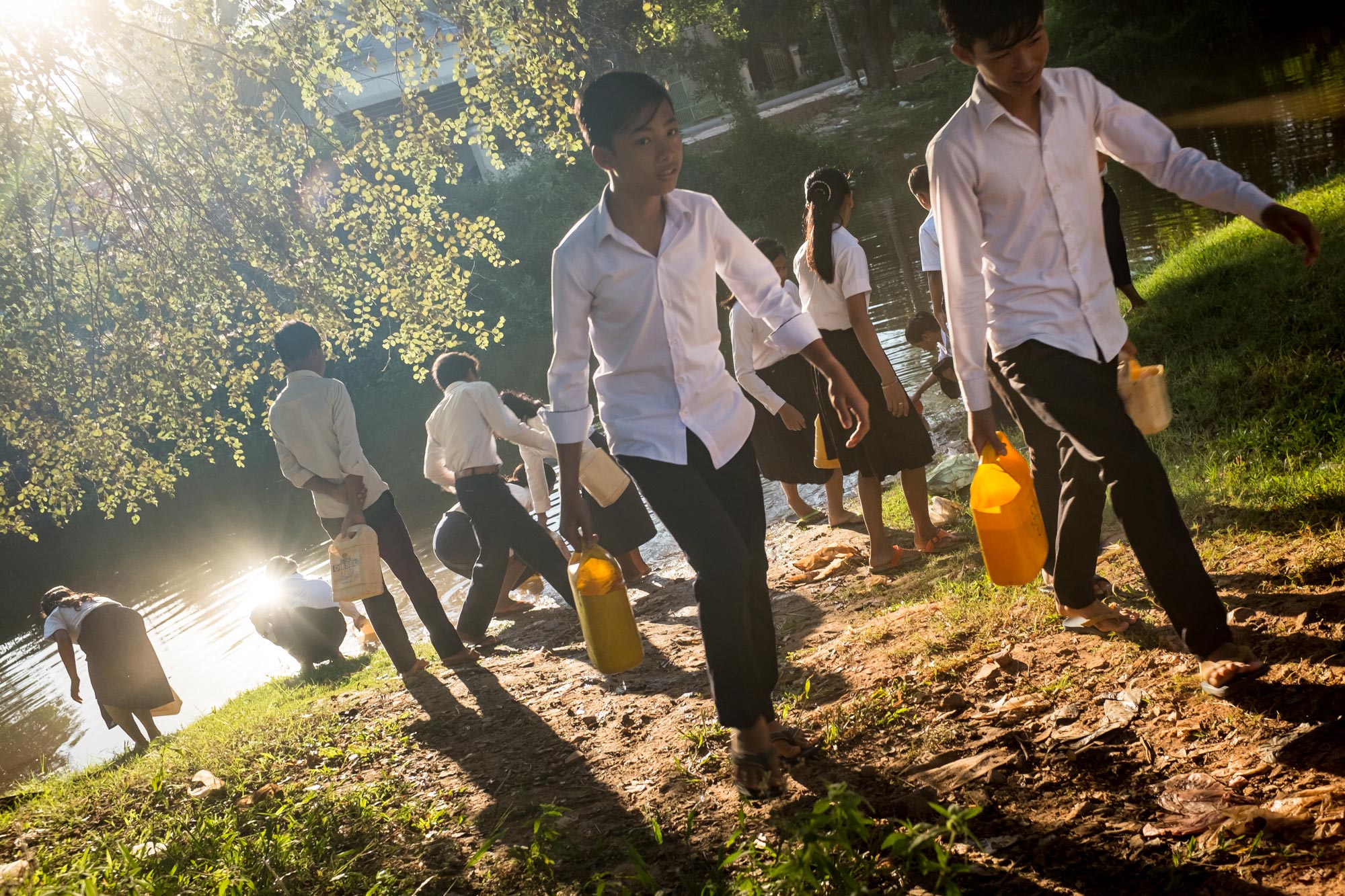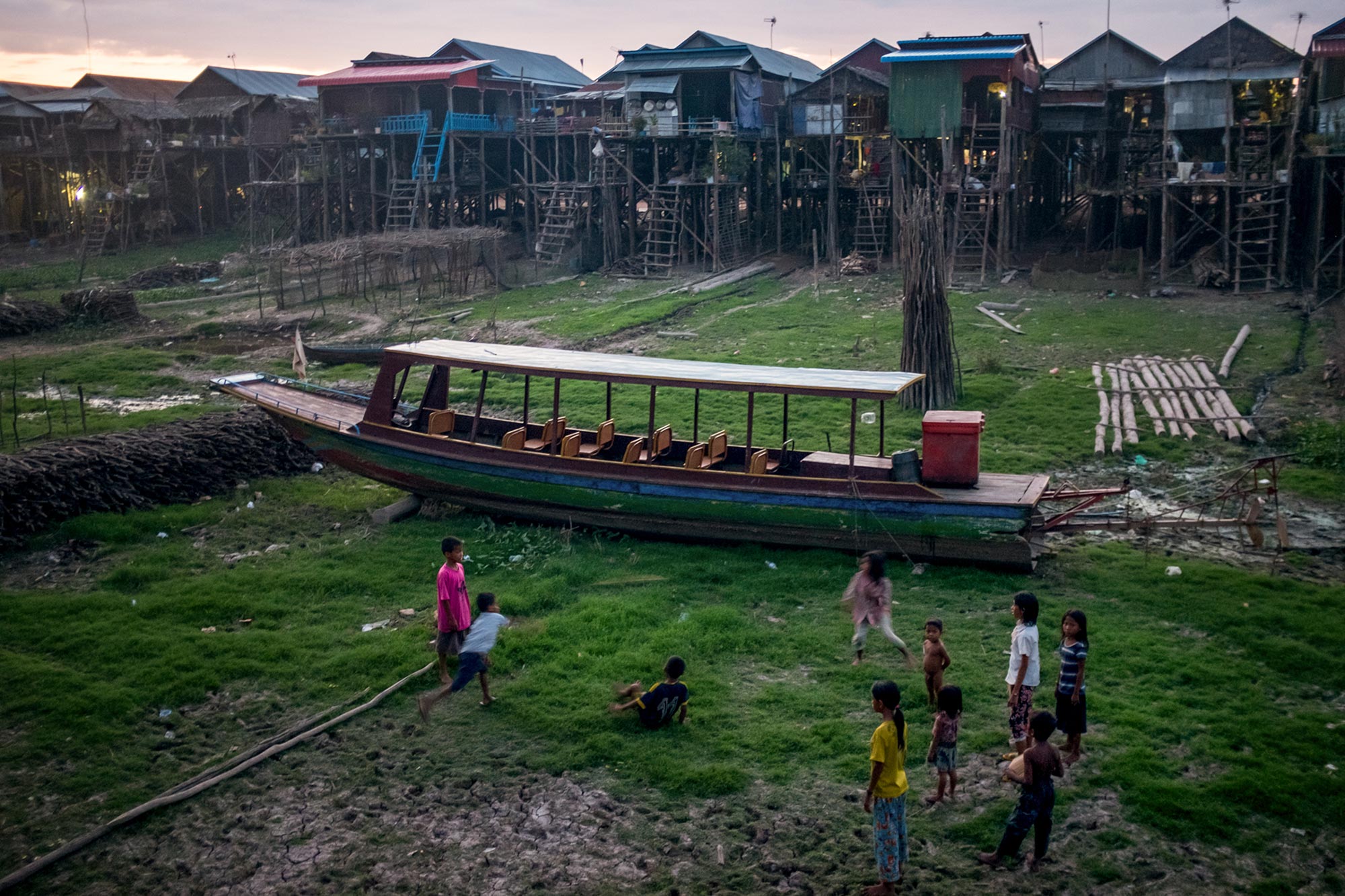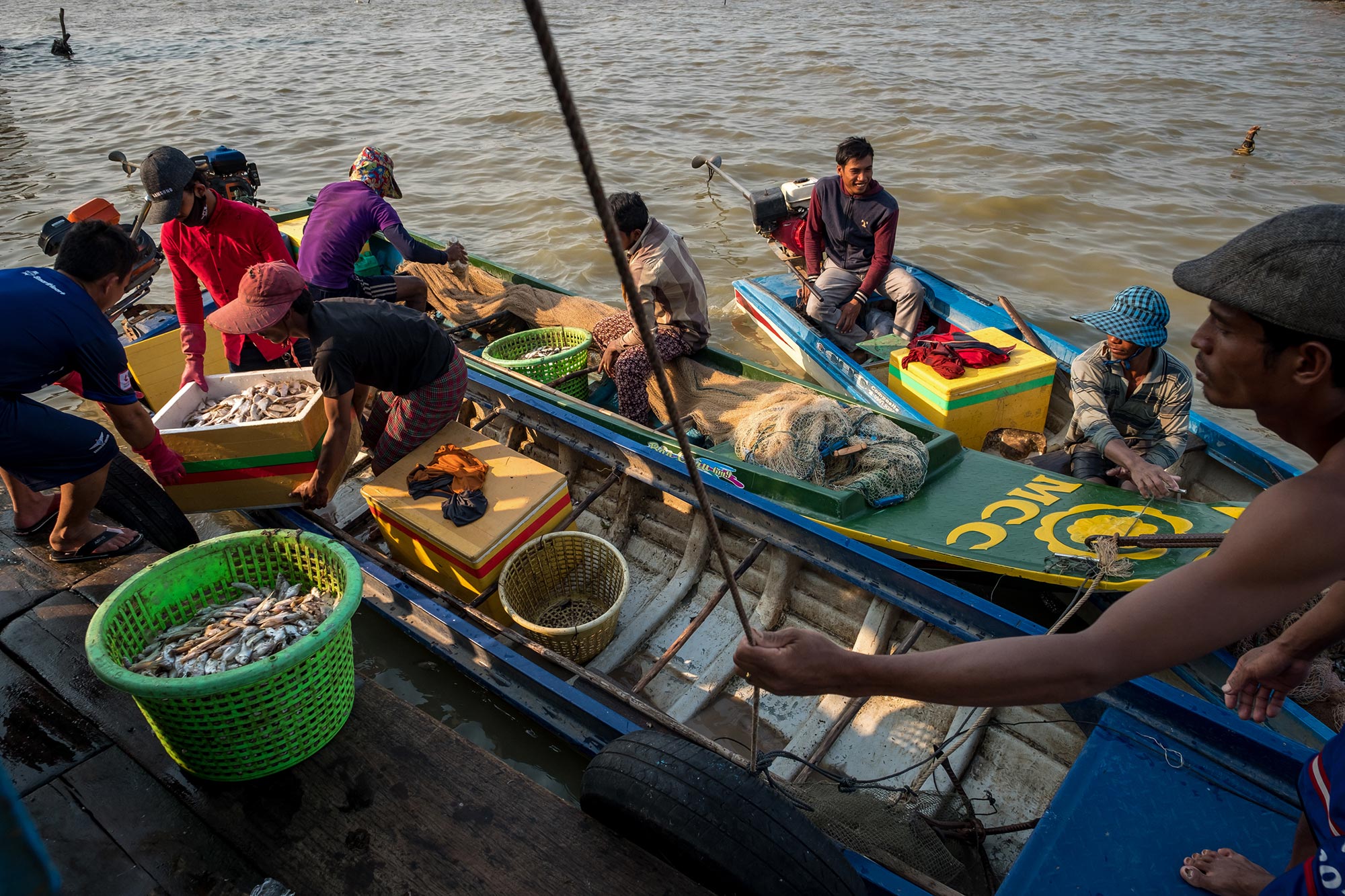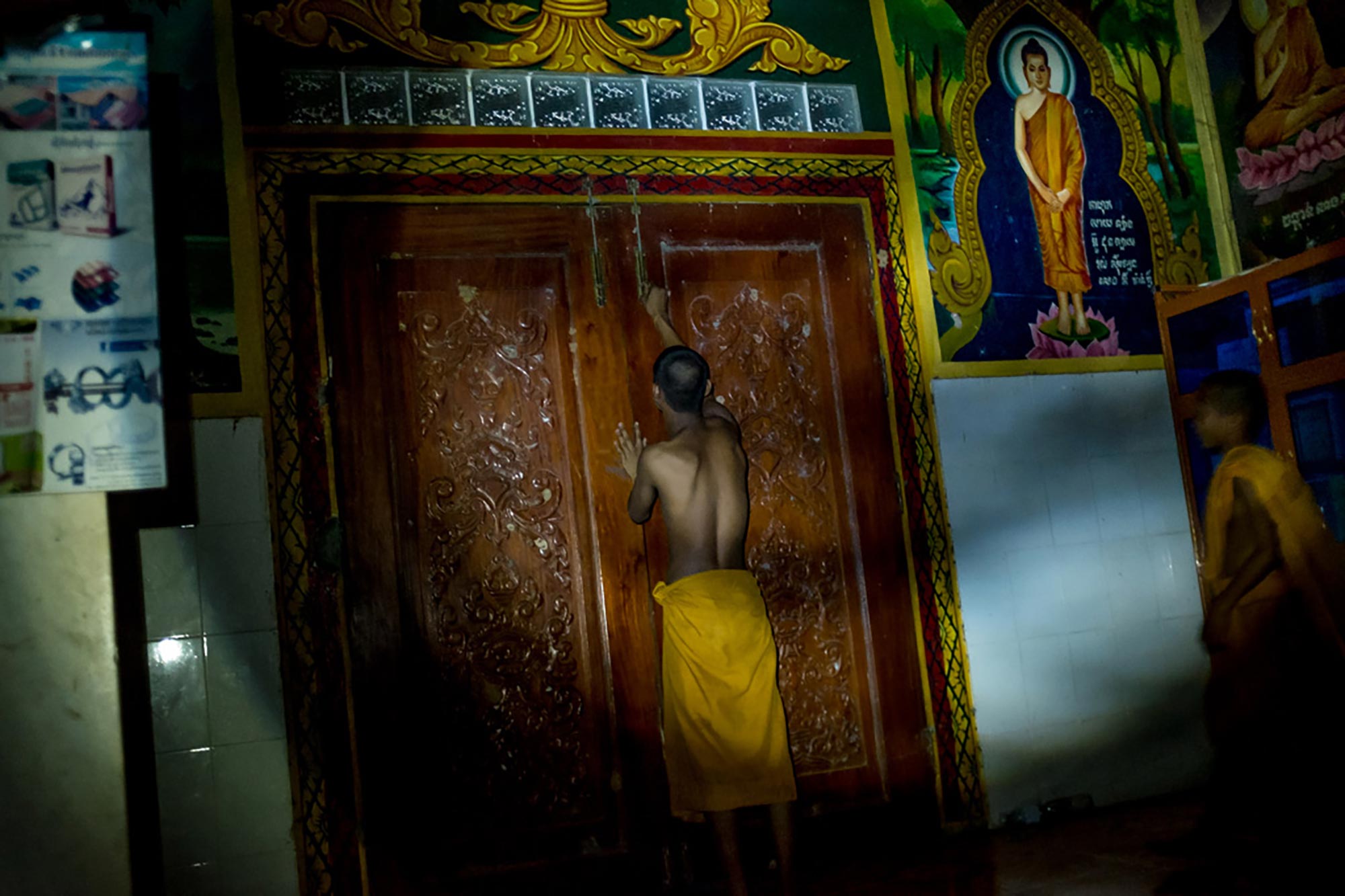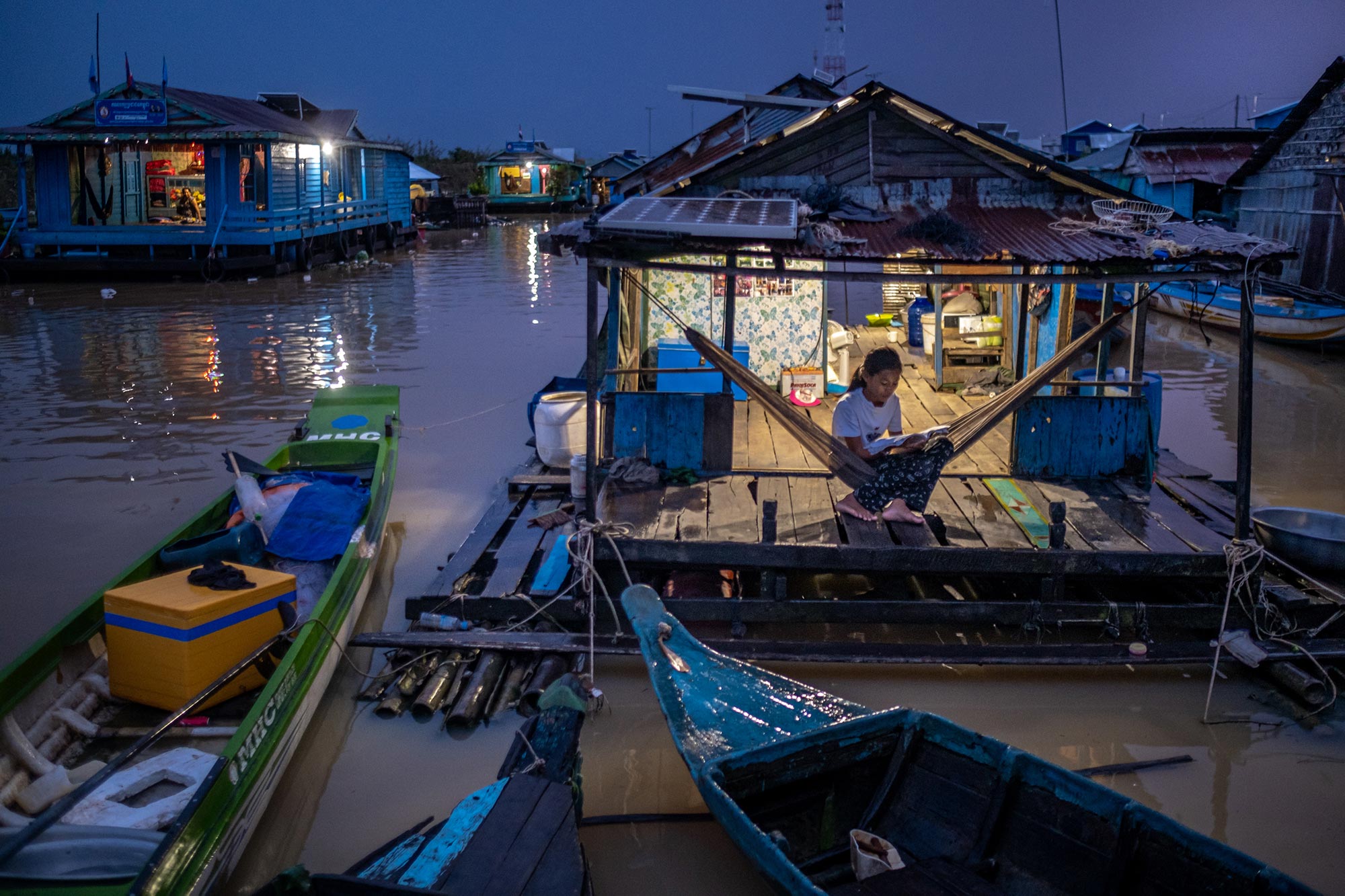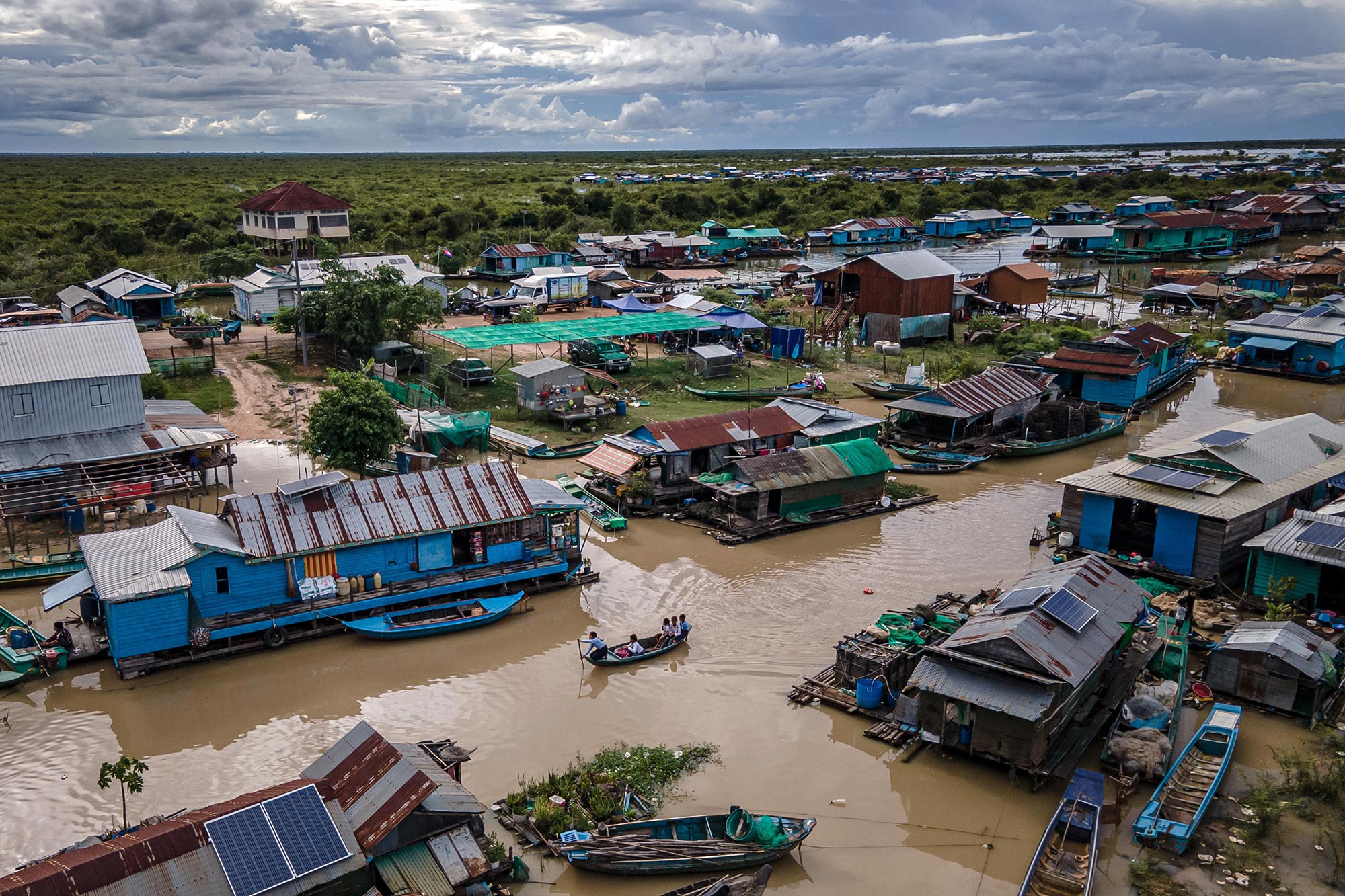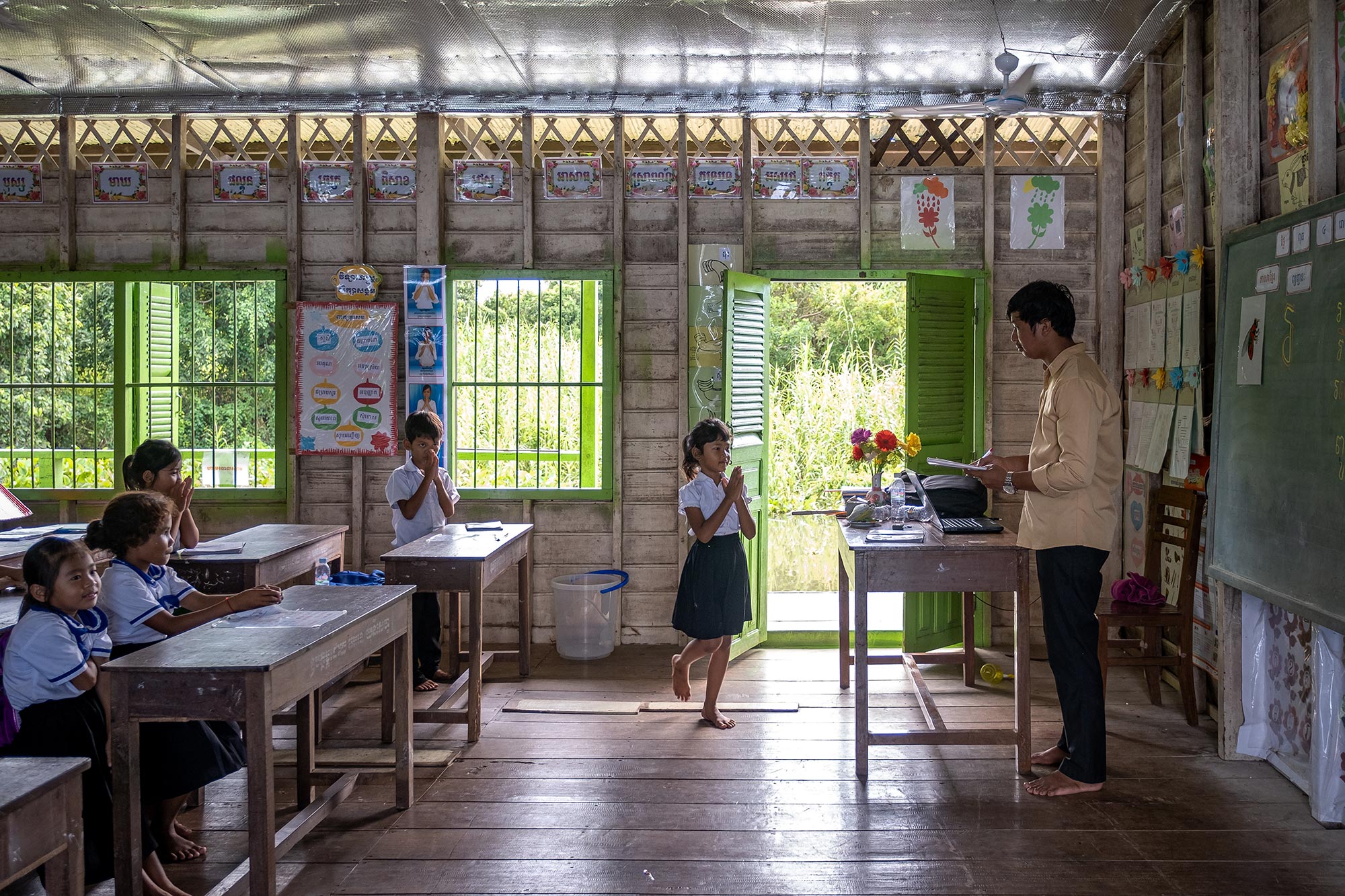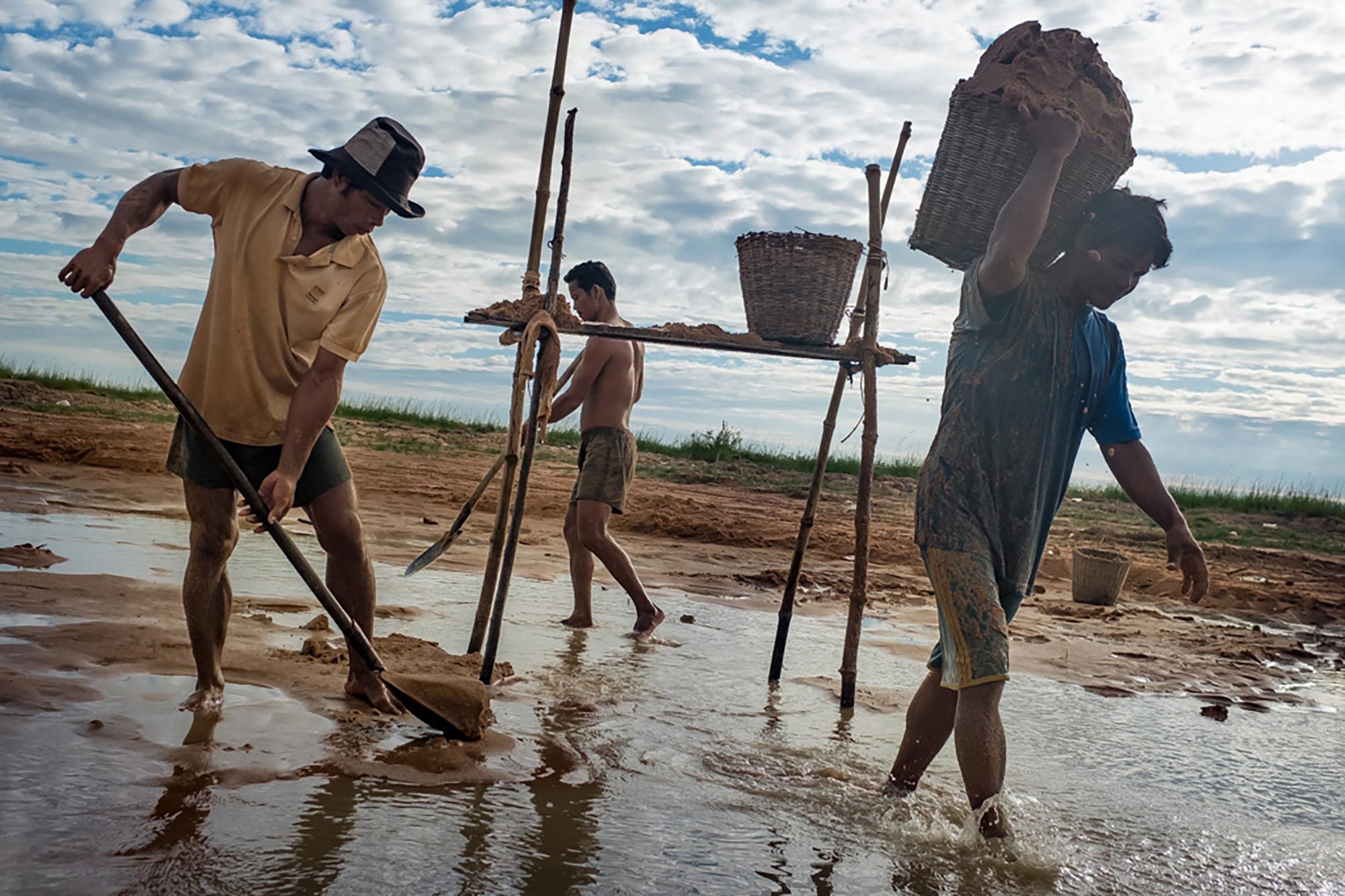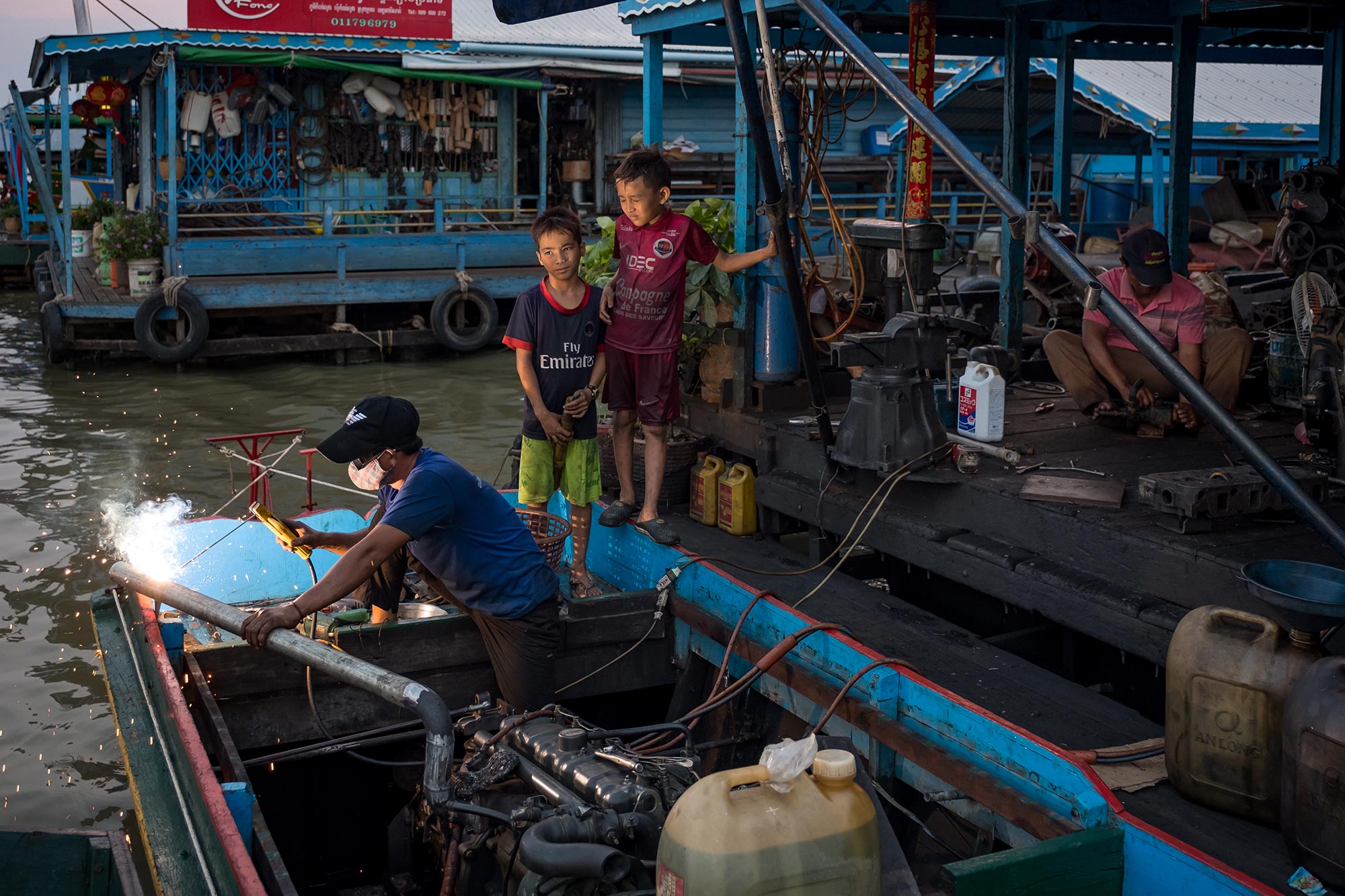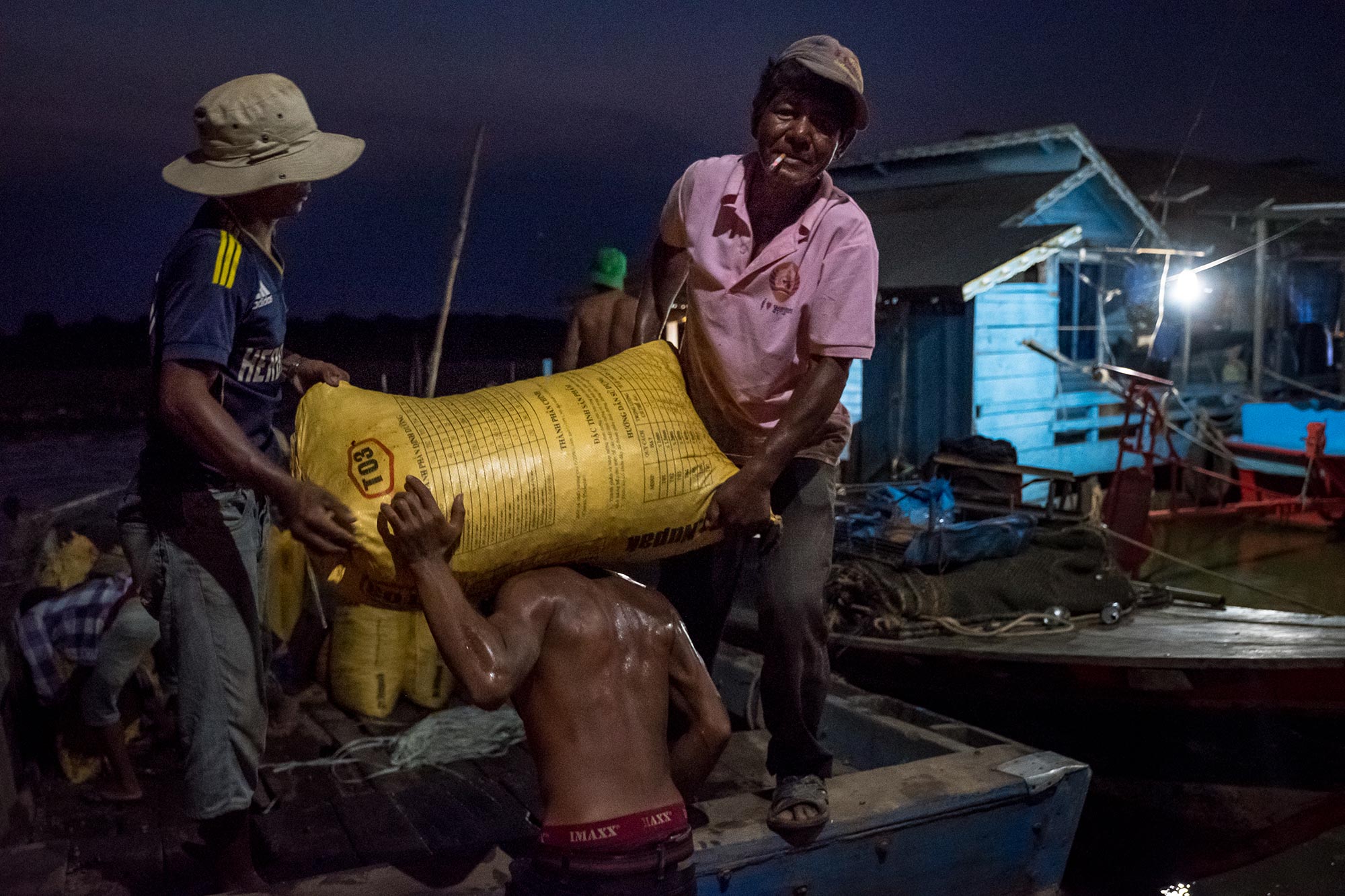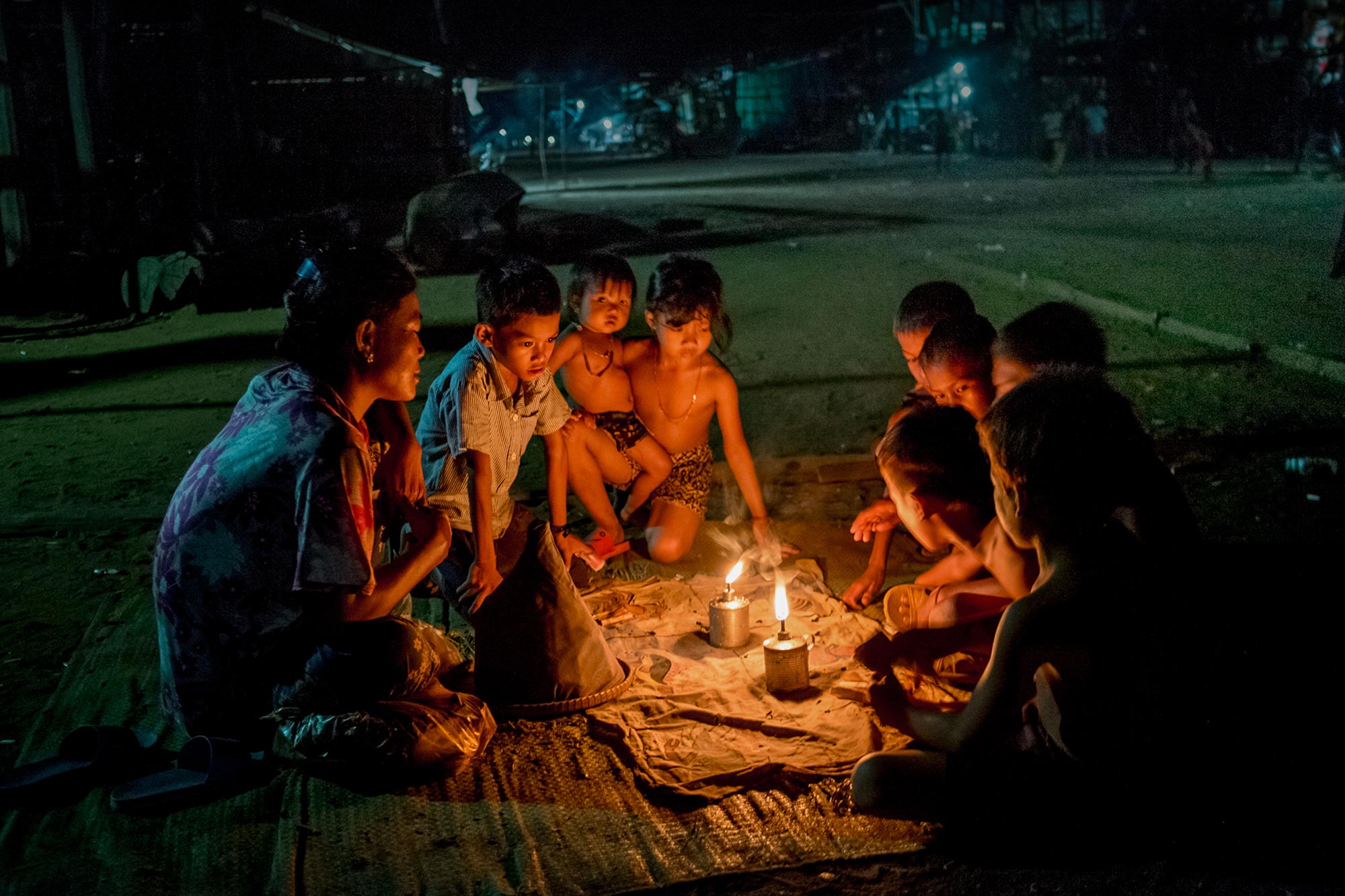Linh Pham
Photographer | info@linh-pham.com
(On Going)
Tucked within the vast expanse of the Tonle Sap Great Lake, a tributary of the mighty Mekong River, lie numerous floating communities, each a testament to human adaptability and perseverance. Over generations, a diverse mix of inhabitants, from Khmer farmers turned fishers to Chinese traders and Vietnamese fishing communities, have been drawn to these waters. Economic necessity and land tenure issues have propelled many to establish their homes on the water’s edge, relying on the lake’s resources for sustenance.
Yet, life on the Tonle Sap is fraught with challenges. Vulnerable communities, irrespective of ethnicity, grapple with social marginalization and limited access to critical services like healthcare and education. State assistance for these marginalized groups is meager, leaving residents to navigate the complexities of daily existence on their own terms.
Nevertheless, the denizens of the floating villages exhibit extraordinary resilience and ingenuity. They have devised innovative methods to adapt to their aqueous environment, blending traditional wisdom with contemporary techniques to support their communities. From inventive fishing practices to makeshift floating schools, they epitomize a steadfast resolve to surmount adversity and forge a livelihood amidst the ever-shifting currents of the Tonle Sap.
Living on the Water
